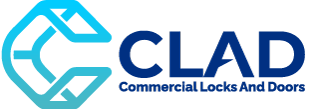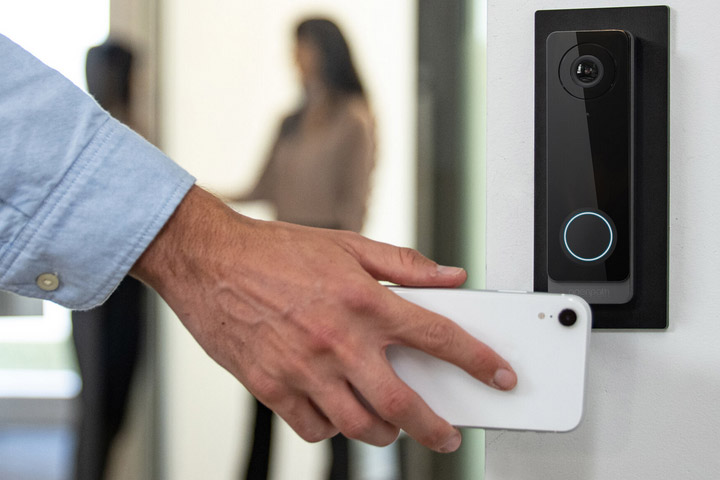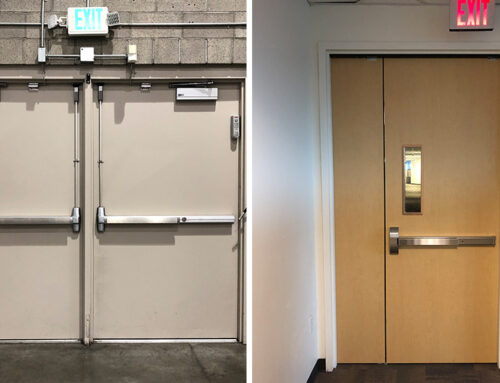Could managing your property’s security be easier, or is cloud-based access control not right for you? Newer access control systems have been designed to work with the cloud. Cloud-based systems may be more convenient for you, as they allow you to avoid having a server onsite to run the access control system. But does that mean they are necessarily best? We’ll run you through the pros and cons of both systems below.
The Basics of the Systems
First, you need to understand the basic differences between a cloud-based system and a legacy or on-premises system. A legacy system requires a computer server onsite in order to operate the access control system. You will need at least one server at each location you run the system. That server will need maintenance and updates. Your existing IT team will need to manage it, or you’ll need an IT professional to do so.
A cloud-based system uses a server somewhere else, and your access control system connects to it remotely. This means you don’t need a server onsite at your facility and also don’t need to worry about having staff update and maintain it. That said, you will have to pay a subscription for the remote server that your system runs on. Someone else is maintaining it.
Why Choose a Legacy System?
There are two main advantages to having a legacy system:
- Control: You own the servers. It is your staff, or a company that you’ve hired, maintaining your equipment. That means you could customize your software if the developers allowed for that, which can help you meet niche security needs.
- Data: Your data is always local when you control your own servers. You’ll have to back up that data, but it will also be more secure. This may be essential in high-security operations like the military.
Why Choose a Cloud-based System?
While some niche users may prefer legacy systems, most will prefer the convenience and other benefits of cloud-based systems. These benefits include:
- Remote control: You can still have control over the features of the system that matter to you with cloud-based systems. You can remotely control them from anywhere, 24/7.
- Lower costs: With less hardware, less fuss, and less management, cloud services typically mean lower costs for you. They can also easily integrate with third-party systems, which can also help you save money.
- Scalability: The cloud allows you to extend your access control system to other facilities easily. Growing businesses will be able to both expand and centralize control of their system.
- Futureproofing: While legacy systems have been around and criminals know how to take advantage of them, cloud systems can be easily updated. There’s no expensive cost to improve your system.
While we believe that cloud-based systems fit most people’s needs for access control, there are some downsides you should be aware of before you invest. The remote server, like one on your premises, is vulnerable to power outages. You should ensure that whoever hosts your server has back up power.
We recommend speaking to a professional before you choose an access control system.







